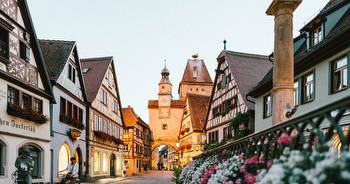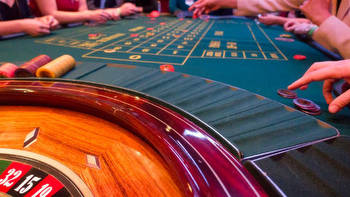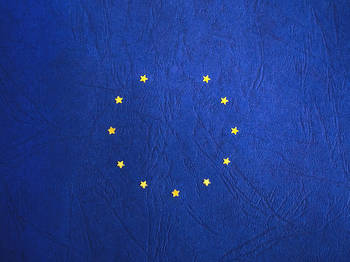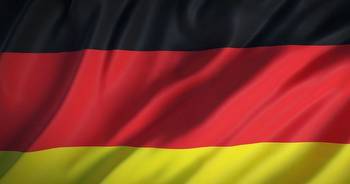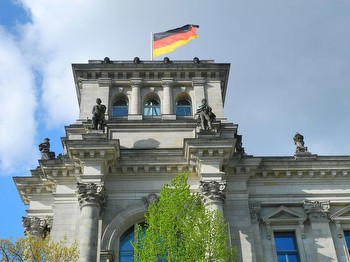European online gambling: A diverse market with changing regulations and - The Jerusalem Post
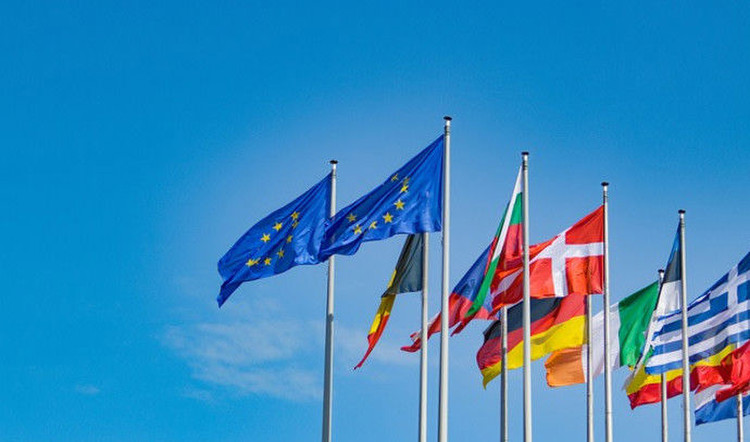
In the past, individual European countries didn't put much thought and effort into regulating gambling, let alone online gambling. Many chose to either outlaw gambling entirely, or they would only allow their own government-approved (even outright government-operated) casinos to exist within their respective jurisdictions. But as of late there has been a shift in attitude.
Eager to get with the times, the majority of European countries have adopted multi-license regimes that allow both private and publicly owned companies to obtain licenses to offer online gambling services. This shift has resulted in a more diverse and competitive online casino market, providing players with more options and better quality services.Each country in the EU has taken what it feels to be the best approach for the situation. This can be readily observed by even the most cursory glance at the set of rules and regulations of each of the individual member states that apply to gambling, including their taxation policies. But there are still certain guidelines handed down by the European Central Parliament which have to be adhered to.
Do you wish to run an online casino business in Europe? If so, take note. This will almost always involve a rigorous application process to attain a license. The cost can vary significantly from country to country, with some countries having higher fees for licenses than others.
France
France has legalized all forms of gambling since 2010. From horse racing to online betting, lotteries, poker, and many others, this country certainly exhibits a healthy appetite for gambling. State-owned operators such as ANJ (Autorité Nationale des Jeux) and FDJ (Française des Jeux) also greatly assist these activities.
However, high taxes on licensed online gambling providers in France keep them at a disadvantage, given the competition in the market. French poker sites are also not allowed to share player pools with other countries, which limits the pool of players.
Restrictions lead many French users to favor unlicensed foreign sites, since using their services does not incur punishment according to the law.
Spain
One of the most dynamic gambling scenes in the world is Spain, with daredevil players always ready to take that risk to make that bet in the hope of striking the jackpot. There is nothing to stop the Spaniards from showing their undying love for the game, with strict but fair regulations that have ensured only adults can indulge in the fun of casinos, bingo halls, and gaming parlors.
Options are in plenty for those who would like to try their luck in Spain, from the more traditional activities like football betting or purchasing lottery tickets to the heart-pounding action of the slot machines or blackjack tables. A massive pool of prizes to be won means the stakes are always high.
With a staggering 250,000 slot machines and 60 casinos throughout the country, Spain offers an experience that few other places can. If you like the rush of roulette or the strategy of blackjack, there's a game for every kind of player.
Czech Republic, Hungary, and Poland
The Czech Republic, Hungary, and Poland have legalized gambling activities, but the regulations and constraints differ across the three countries. The Czech Republic has its Ministry of Finance register gambling activity providers for both on-site and online gambling providers to offer a variety of gambling activities through licensing. This gambling ranges from casinos, gaming machines, arcades, and slot machines and has recently shifted visibly towards online gambling.
Conversely, gambling in Hungary is highly taxed and tremendously regulated, making it really hard for any company that is not Hungarian to play and operate in the market, with compulsions of having physical stores in the country.
In Poland, both traditional and online gambling are partially legal but with very stringent state limitation on the provider and fines on any offenses. This was after the Gambling Act of 2009, upon a scandal gambling that involved lobbying by politicians for slot machines.
Therefore, in totality, gambling is legal in the three countries, but with regulations and restraints that are different, therefore affecting the expansion and development of the industry in each nation.
Germany
Germany is one of the biggest countries within the European gambling market. However, the state's relationship with the sector in the past was not an easy one. Since 2008, Germany has prohibited gambling with the exception of bets and horse racing. In addition, the individual states in Germany have the right to make their own decisions regarding gambling rules. The gambling law adopted in 2020 permitted the state to allow such gambling games as physical and online casinos, sports betting, horse racing, online slots, poker, and other casino games throughout the country. Lotteries, however, remain within the competence of the states but private companies could get a license for such services.
Online gambling in Germany also has some restrictions in order to protect players. For instance, players should set a limit for every month, which cannot be more than 1,000 €. This limit can be reduced instantly, while increasing the limit is allowed only after 7 days. Other restrictions imply no more than 1 € bet per slot spin, prohibition on entering several gambling websites at once, and obligatory 5-second break between spins.Germany's Oasis gambling exclusion program is a countrywide self-excluding system where persons can exclude themselves from taking part in gambling activities at land-based and online casinos. Players can enroll online for the stated exclusion period, from six months to an indefinite period. On enrollment, they are banned from entry to gambling premises and websites participating in this program. The purpose of the Oasis program is to assist persons with gambling addiction issues in the process of limiting their exposure to gambling activities and searching for help for their problem.The State Treaty on Gambling allows only licensed operators to provide online casino games, sports betting, and poker. However, it's tough to get a license, and many famous online casinos do not adhere to Germany's legal framework. This has offered ground for players to take advantage of the loopholes and dodge Germany's gambling laws, for example, by accessing online casinos licensed from other EU nations, and therefore outside the Oasis system (known also as Casinos Ohne Oasis).
Some online casinos take advantage of legal gray areas to solicit customers from Germany, operating under licenses from jurisdictions not recognized by the German authorities. Despite legal risks, many German gamblers are willing to take the chance to access a wider range of online casino games in these Casinos Ohne Oasis. Many German players enjoy the freedom they experience from these online titles that don’t suffer the same strict restrictions their Germna-regulated counterparts have.
Online gambling continues to be popular in Germany, with the market accounting for €3 billion in 2020 and further expected growth. Some lawmakers have called for the liberalization of online gambling regulation, to amend the existing legal framework. Until such time German gamblers continue to avail themselves confidently of the many Casinos Ohne Oasis readily available to them.
In a nutshell, the online gambling scenario in Germany is dynamic and ever-changing. Despite there being a set of restrictions, Casino Ohne Oasis players are still in a position to play a lot of different casino games and also bet, using loopholes and existing in grey zones of legality.
Conclusion
Overall, Europe's online gambling market is rich and diversified, and while country-specific regulations and constraints vary, the overall trend seems to be toward increased acceptance and legalization of online gambling. The multi-license regime in many European countries has encouraged a more competitive and colorful market, benefiting players with a great number of options and better quality services. In spite of some restrictions and loopholes, online gambling is popular and profitable in Europe, and many players are finding ways to access a wide array of online casino games, such as German Casino Ohne Oasis players. The future of online gambling in Europe is likely to involve further changes in regulations and an ongoing evolution of the industry.
This article was written in cooperation with CasinosOhneOasis










